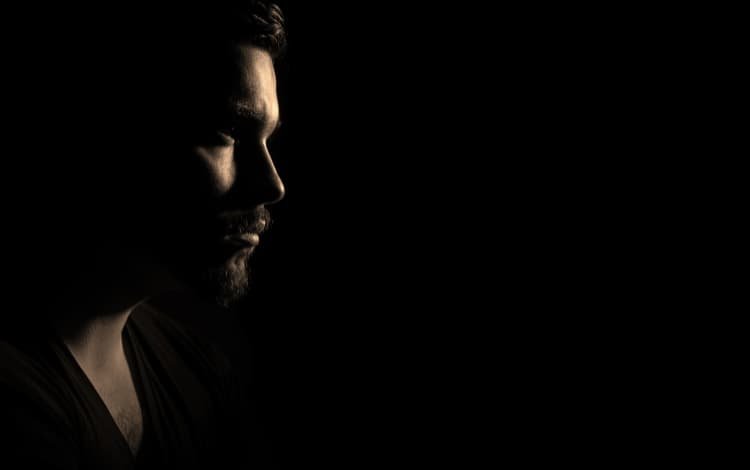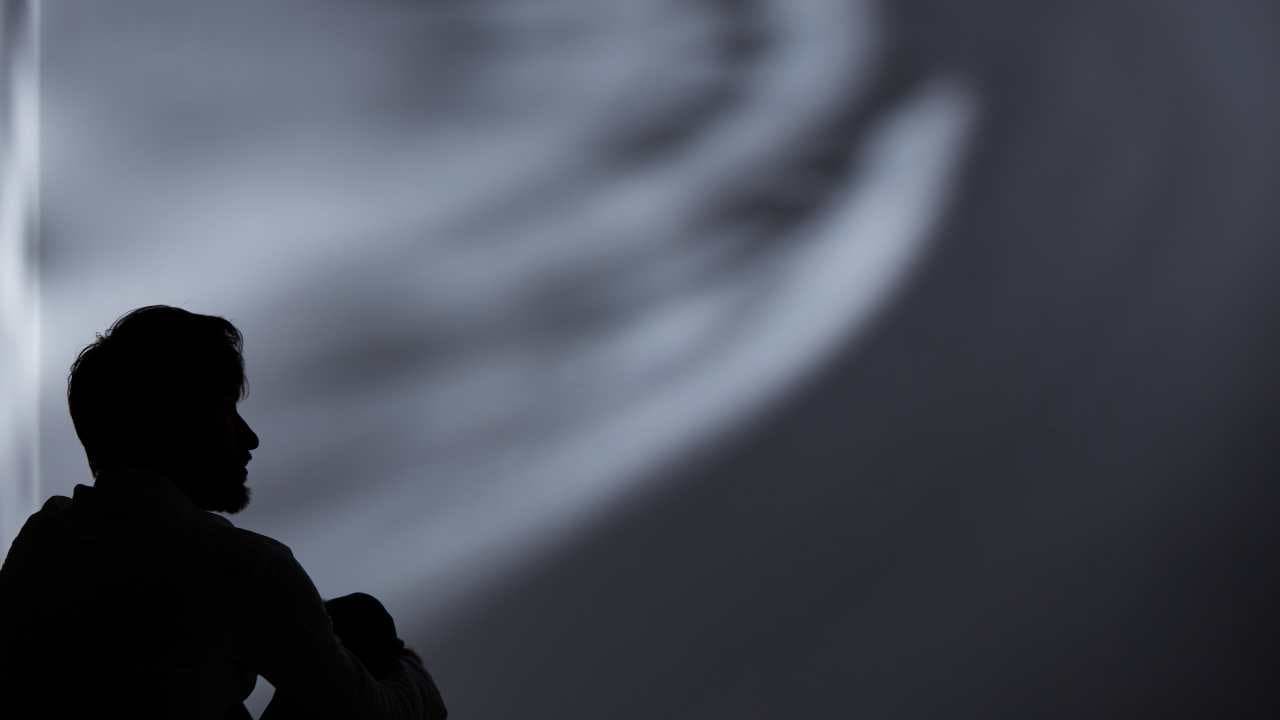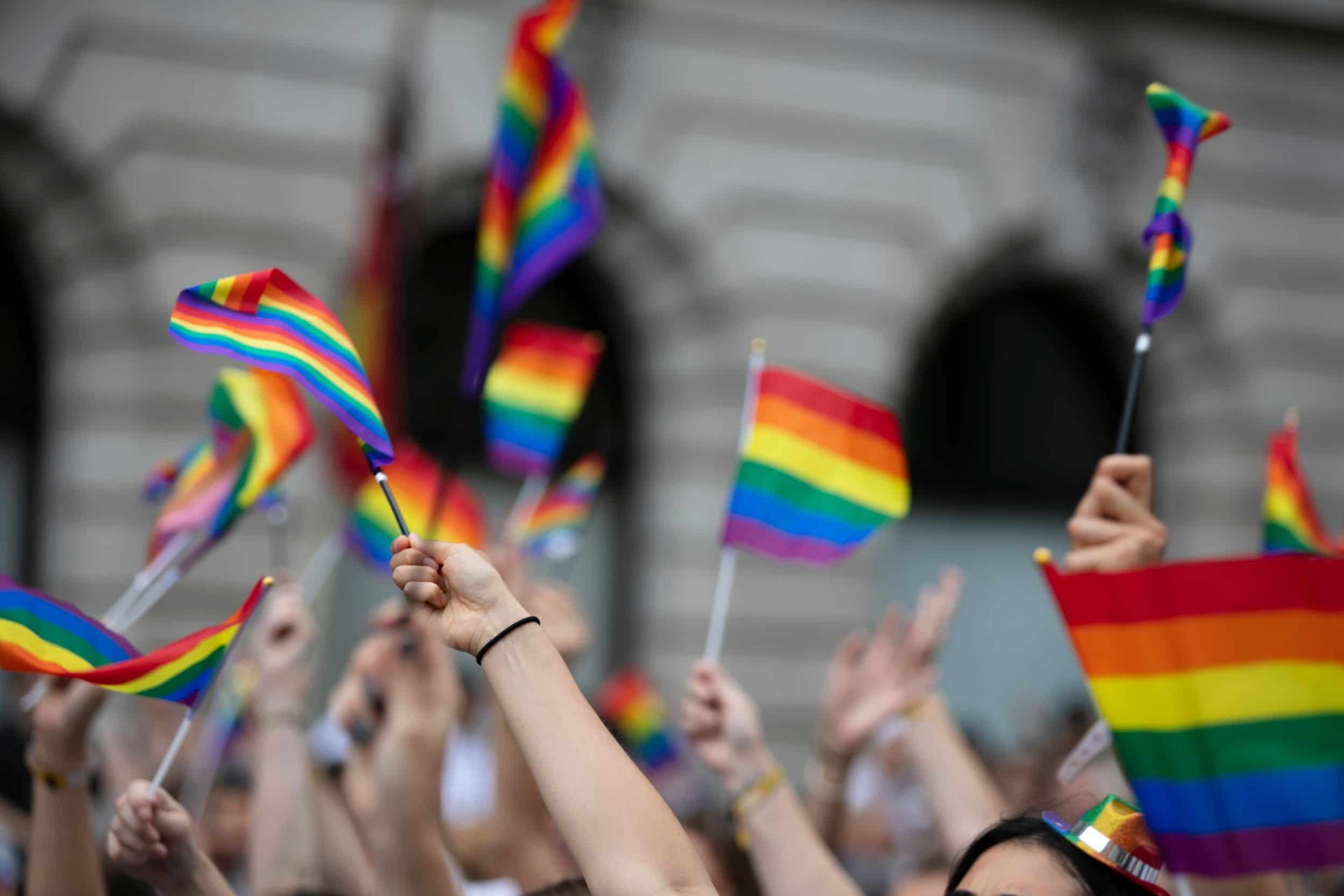Why Gay Men Are Still Depressed – Even When Life Looks 'Fine'
The brutal truth about why success, acceptance, and "progress" haven't healed the wounds that matter most
The promotion came with a corner office and a salary that finally matched his worth. His Instagram feed looked like a lifestyle magazine — gym selfies, weekend getaways, dinners with friends who genuinely loved him. His family had evolved from awkward acceptance to actual celebration of his relationship.
By every external measure, my friend David* had won.
So why did Sunday nights still feel like drowning?
The Mirage of "Enough"
I see this pattern weekly in my practice: accomplished gay men sitting across from me, cataloging their victories while their eyes carry the weight of something unnamed. They've checked every box society told them would equal happiness, yet the emptiness persists like a low-grade fever that never quite breaks.
"I should be grateful," they tell me. "Look how far we've come as a community."
Should. That word carries decades of programming.
The cruelest trick of progress is how it weaponizes our pain against us. Marriage equality didn't cure internalized homophobia. Corporate Pride sponsorships didn't heal childhood trauma. Having "accepting" friends doesn't erase the neural pathways carved by years of hiding.
Yet we're supposed to be fixed now. Grateful. Quiet about what still hurts.
When Survival Mode Becomes Your Identity
Here's what mainstream conversations about gay men's mental health consistently miss: depression isn't just sadness wearing a rainbow flag. It's the psychological aftermath of spending your formative years in emotional exile.
Most gay men learned to dissociate before they learned to drive. We perfected the art of performing normalcy while our actual selves went underground. The child who learned to modulate his voice, monitor his gestures, and manufacture crushes on girls didn't develop healthy emotional regulation—he developed elaborate coping mechanisms.
Those mechanisms served us well when survival was the priority. But what happens when the threat lifts and the armor remains?
Marcus*, a surgeon in his forties, described it perfectly: "I'm still solving a problem that doesn't exist anymore. My brain keeps running security protocols for a life I left twenty years ago."
The hypervigilance that once protected us now isolates us. The emotional walls that once kept us safe now keep connection out. The perfectionism that once earned us conditional love now exhausts us with its relentless demands.
The Minority Stress Nobody Talks About
Even in the most accepting environments, gay men navigate a thousand micro-calculations that straight men never consider. Which pronouns to use when mentioning your partner to new colleagues. Whether to post that vacation photo with your boyfriend. How much affection is safe to show in public.
This isn't paranoia — it's pattern recognition based on lived experience.
The stress isn't just external. It's the internal weather system that never quite settles. The part of your brain that scans every room for potential rejection, that edits your stories to make others comfortable, that carries the exhaustion of being a permanent cultural translator for your own life.
Research confirms what I see daily: minority stress creates measurable changes in brain structure and function. The areas responsible for threat detection become hyperactive. The regions that regulate emotion become depleted. The neural networks that support connection become disrupted.
You can't therapy-speak your way out of neurobiology. You can't positive-think your way out of survival adaptations that were programmed before you had words for what was happening.
The Therapy Resistance That Makes Perfect Sense
Many gay men avoid therapy with the same intensity they once avoided coming out. The reasons are layered and legitimate.
We were pathologized for decades by the very profession now offering to help us. "Homosexuality" was literally classified as a mental disorder until 1973 — within many of our lifetimes. The white coats that promised to "cure" us now promise to heal us. The institutions that saw our love as sickness now want to treat our pain.
The irony runs deeper: many gay men are professional helpers themselves. Therapists, doctors, teachers, social workers — we gravitated toward healing others as a way to heal ourselves. Asking for help feels like admitting failure at our own area of expertise.
But here's the truth most won't tell you: being intelligent doesn't immunize you against depression. Being successful doesn't cure minority stress. Being loved doesn't automatically heal the wounds carved by years of not being loved, or loved conditionally.
Why This Matters More Than Ever
The gay men struggling most aren't necessarily those facing overt discrimination. They're often the ones who "have it all"—career success, social acceptance, financial stability — yet find themselves trapped in what I call "achievement depression."
They've climbed every mountain society pointed them toward, only to discover the view from the top still feels empty. They've gained the world but lost their souls somewhere in the performance of being acceptable.
This particular flavor of despair is especially dangerous because it's invisible. High-functioning depression doesn't announce itself with missed deadlines or public breakdowns. It whispers in the space between accomplishments. It lives in the Sunday scaries, the three-AM anxiety spirals, the persistent feeling that you're somehow fraudulent despite all evidence to the contrary.
The Integration That Changes Everything
Real healing for gay men isn't about adding more tools to your emotional toolkit. It's about integration — bringing together the fragmented pieces of yourself that were separated for survival.
In my practice, the most profound growth happens when clients stop trying to fix themselves and start understanding themselves. When they recognize their depression not as personal failure but as the natural result of navigating impossible circumstances with limited resources.
The work isn't about becoming someone new. It's about becoming whole. Reconnecting with the parts of yourself that went into hiding so long ago you forgot they existed.
This integration requires witnessing. It requires someone who understands not just the mechanics of depression but the specific ways minority stress shapes gay men's psychological development. It requires a space where your survival strategies can be honored before they're updated.
The Rebellion of Getting Help
Seeking therapy as a gay man in 2025 is a radical act. Not because you're broken, but because you're refusing to accept "fine" as good enough. You're rejecting the cultural message that your pain is the price of progress. You're claiming the right to heal the wounds that success can't touch.
The strongest gay men I know aren't those who never needed help. They're the ones who recognized that the same intelligence that helped them survive could help them thrive— if they stopped trying to do it alone.
Your depression isn't a character flaw or a failure of gratitude. It's your psyche's way of saying that surface changes aren't enough. That you need healing that goes deeper than acceptance or achievement. That you deserve peace in your own skin, not just tolerance from others.
The Question That Changes Everything
If you've read this far, something probably resonated. The question isn't whether you should seek help. It's whether you're ready to stop managing symptoms and start addressing causes.
What would change if you treated your depression not as something to endure but as information worth exploring? What becomes possible when you stop trying to think your way out of feelings that live in your body, your history, your nervous system?
The gay man who chooses therapy isn't admitting defeat. He's acknowledging that survival was just the first step. Now comes the work of actually living.
If this felt familiar, that recognition isn't accidental. Professional support specifically calibrated for gay men's experiences isn't just helpful. It's often essential. The same courage that brought you out of the closet can guide you toward the healing you've earned but never pursued.








